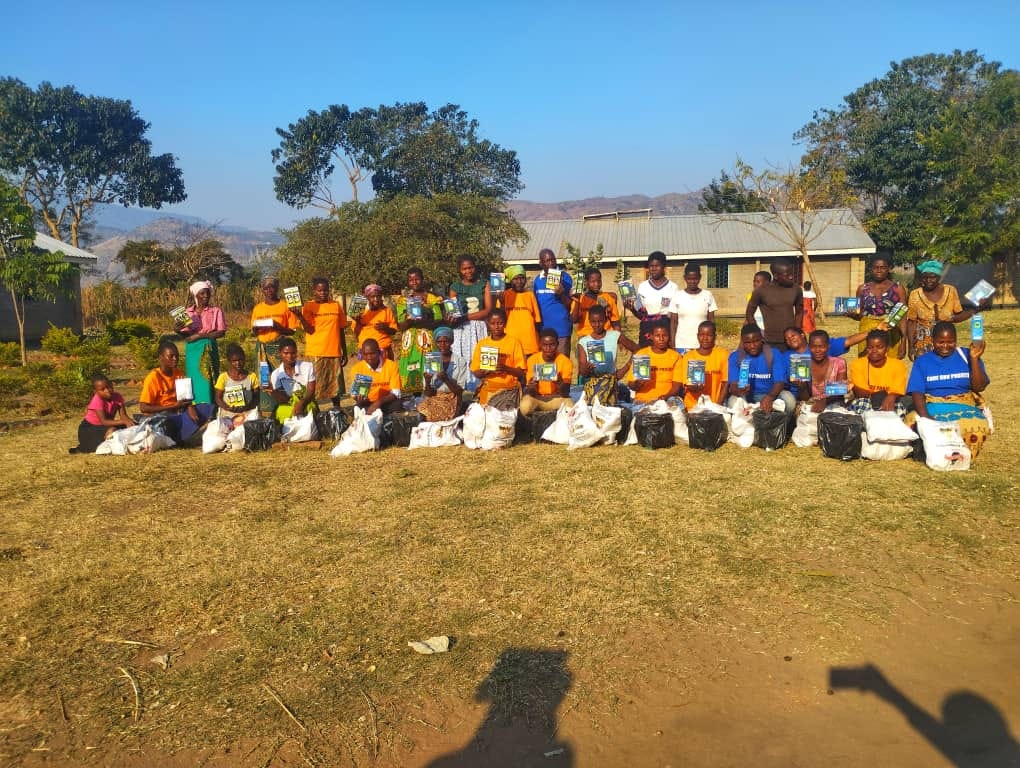Non-Profit Works to Empower Cyclone Survivors
The non-profit has also worked to maintain peace in camps that have faced adversity.
Zomba, Malawi - A local non-profit organisation is working to empower survivors of Tropical Cyclone Freddy and prevent gender-based violence through their CURE GBV project, writes Bertha Gama.
Partners in Action for Sustainable Development (PASD) is implementing the initiative in Zomba and Phalombe districts to help survivors heal from trauma and rebuild their lives.
Natural disasters often leave communities vulnerable to exploitation, and PASD aims to address this issue through awareness campaigns and support services.
"The messages we deliver aim at empowering the women to resist all forms of sexual exploitation and abuse from those that would take advantage of them in their vulnerable situation," said Amos Chiyenda, PASD's executive director.
One aspect of the project involved distributing essential items like stoves, briquettes, and solar lamps to over 3,000 women sheltering in the districts.
"Realising that we were having poor lighting in our camps, they brought in lamps. That development significantly transformed our lives," said beneficiary Sellina Seleman.
Other beneficiaries have also expressed gratitude. "PASD has been helping us a lot in both cash and kind," said Daniel Golden, who received a cellphone and bicycle after losing his home and fields in the cyclone.
The non-profit has also worked to maintain peace in camps that have faced adversity.
"We brought peace and order at the Traditional Authority Mtamba’s Namisungu Camp, where the survivors faced adversity from the host community," said field officer Esther Teneth.
Through empowerment, support, and coordination, PASD strives to help cyclone survivors heal and live productive lives free of exploitation.
Their initiatives demonstrate the positive impact of youth-led organisations in assisting underprivileged communities.
While immediate aid is crucial after disasters, PASD recognises that longer-term support is also needed for full recovery.
To this end, the organisation is launching livelihood programs for survivors.
"We want to help people regain self-sufficiency," said Chiyenda. Plans include skills training, micro-loans and establishing community savings groups.
Areas of focus will include agriculture, small business development, and vocational skills like carpentry, tailoring, and baking.
"These types of programs give hope and empowerment as people work to rebuild their lives," Chiyenda noted.
Beneficiary Golden is eager to participate, saying the cyclone destroyed his sole means of income. "I want to learn a new skill so I can support my family again," he said.
PASD is now seeking additional funding and partnerships to expand these livelihood initiatives.
The goal is to provide survivors with tools to transition from aid dependence to economic independence over the long run.
Local officials commend PASD's holistic approach.
"Many groups only focus on the emergency phase. PASD understands recovery is a process that requires sustainable solutions," said Zomba District Commissioner William Kalilombe.
As climate disasters are expected to increase, organisations like PASD will remain crucial in helping vulnerable communities prepare, respond, and rebuild, empowering those affected in the process.



